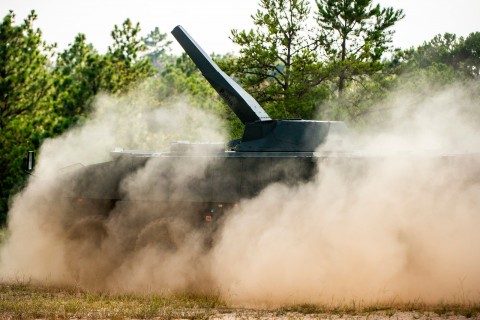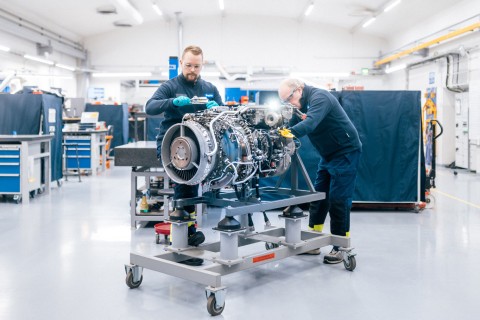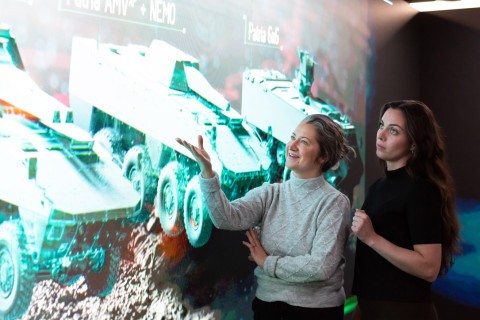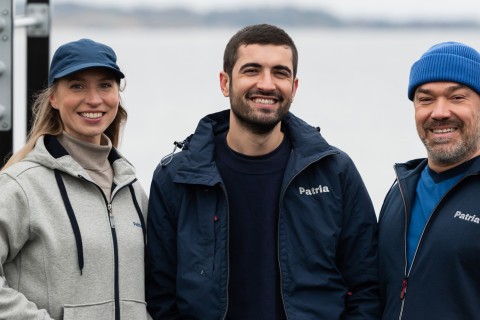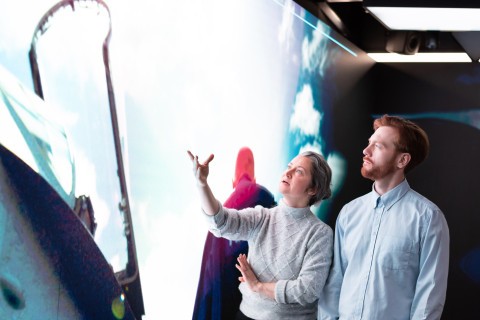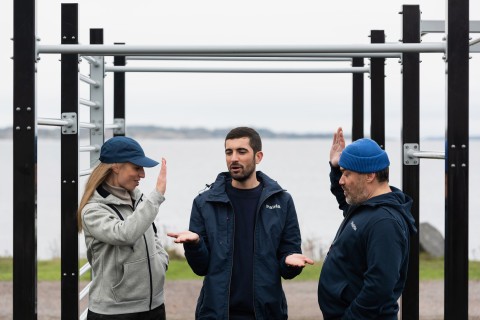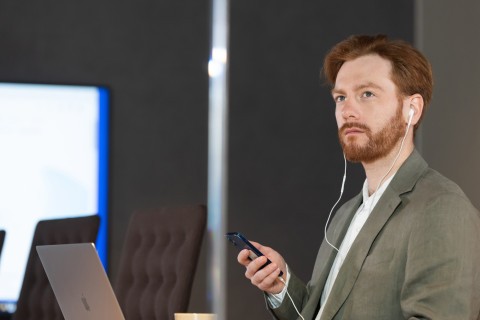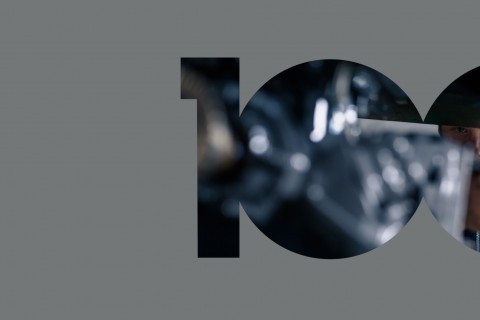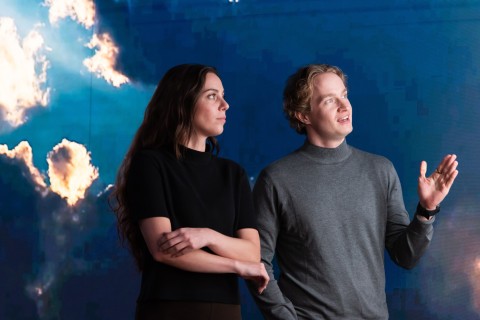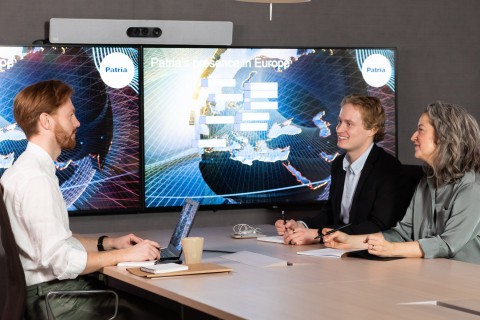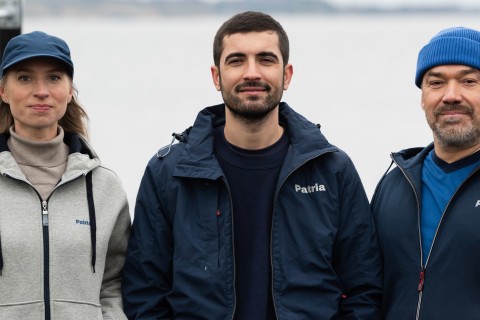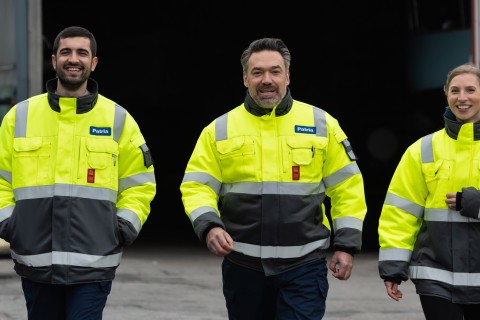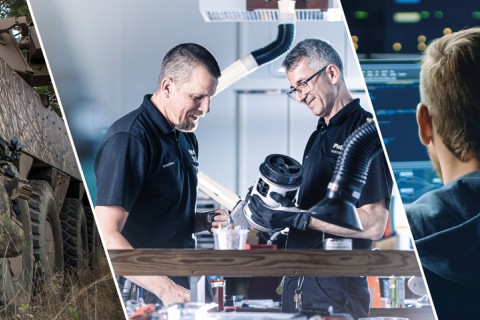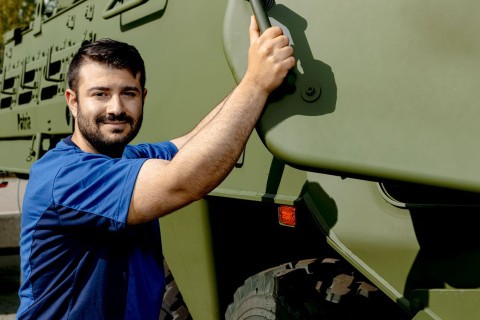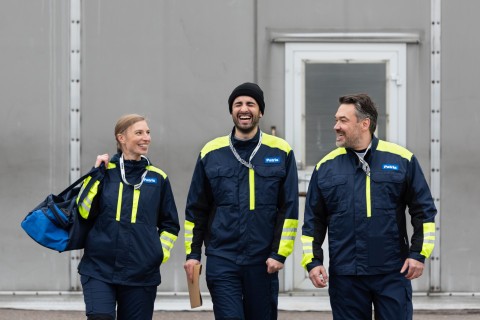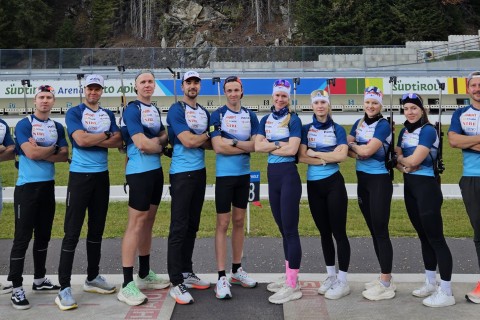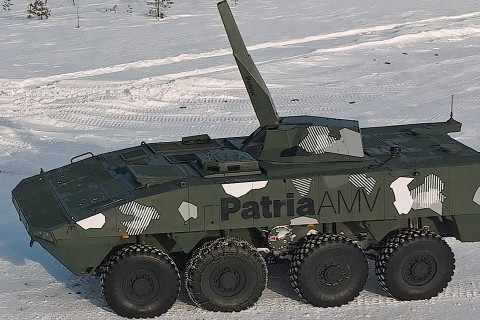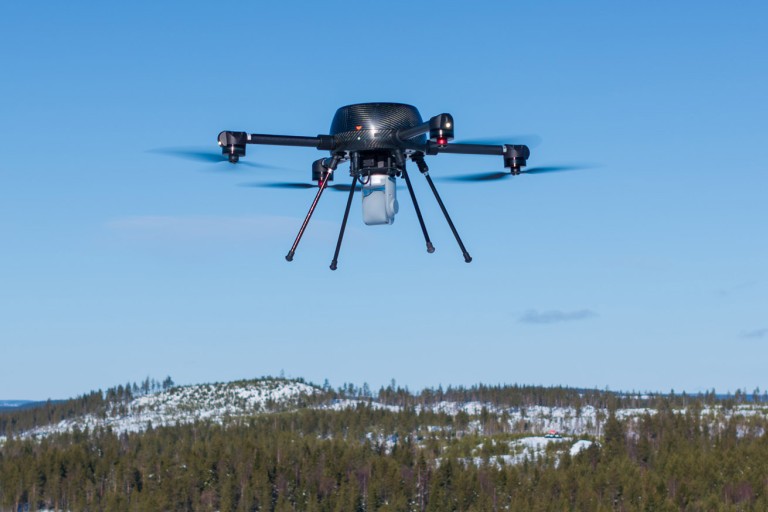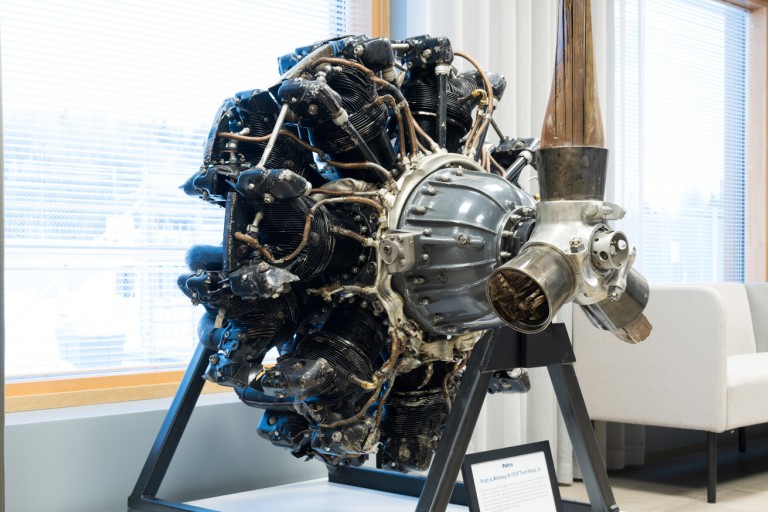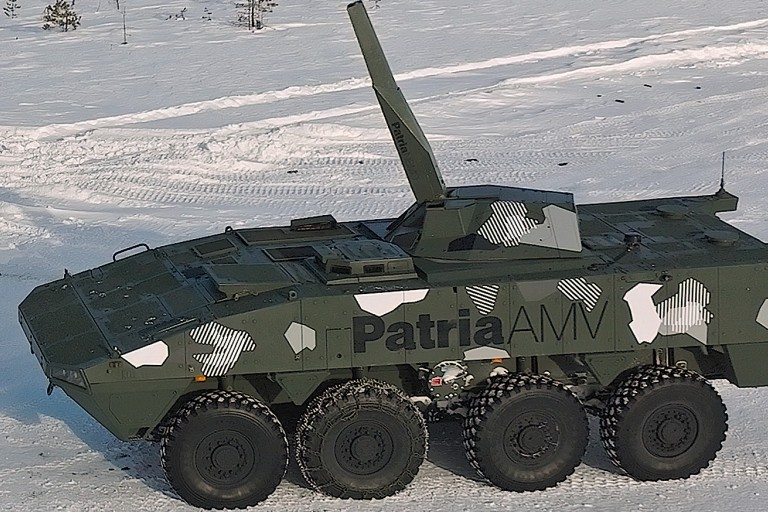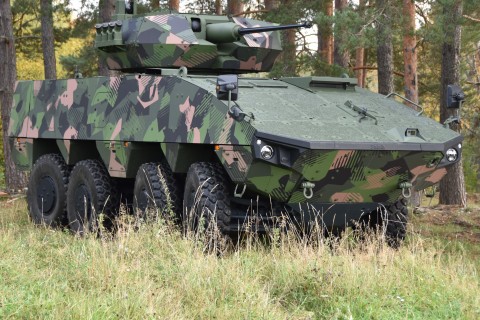
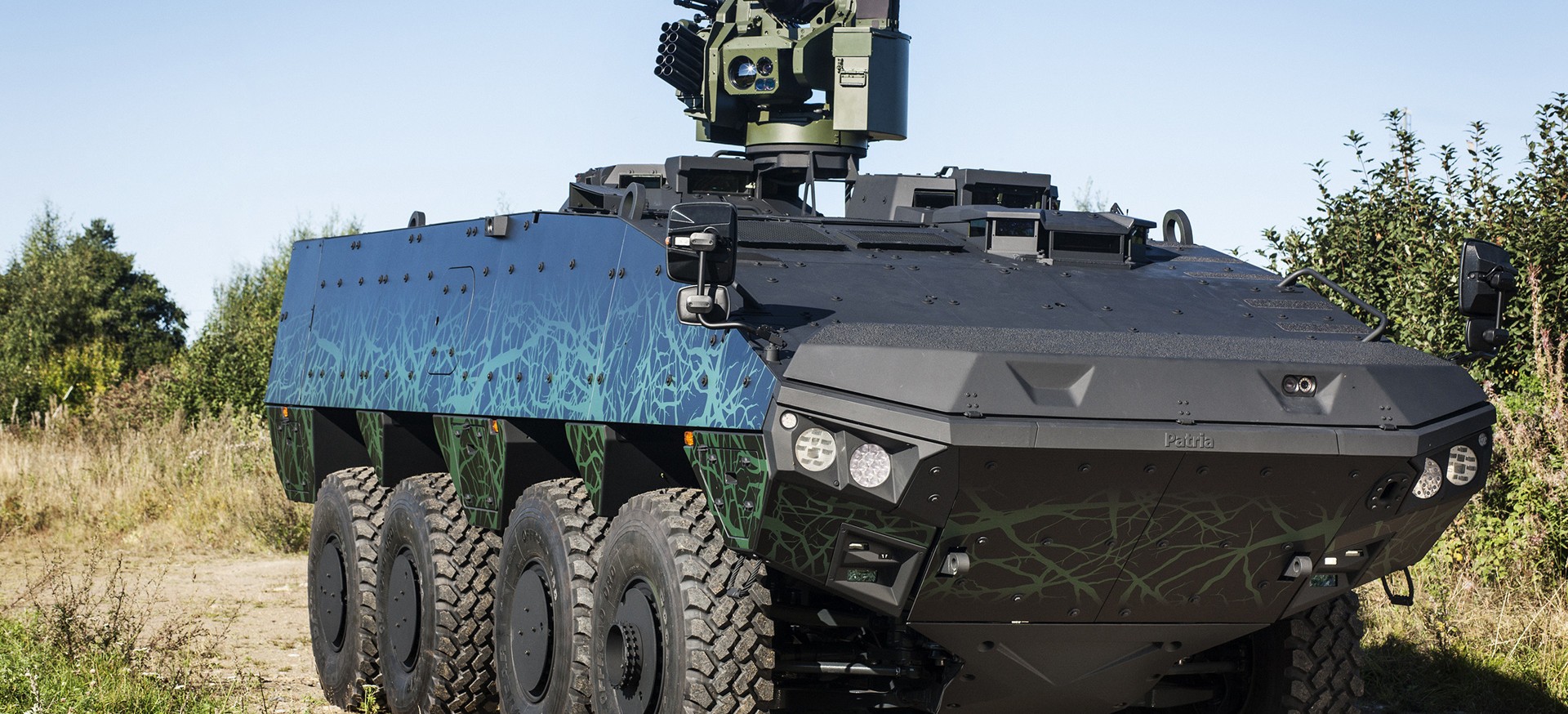
Technology transfer increases security of supply
20.1.2023
Local manufacture in the target country is an essential part of Patria’s vehicle deliveries. The transfer of technology and expertise will ensure security of supply long into the future in the Slovakian vehicle project, too.
Patria will deliver 76 Patria AMV XP 8x8 armoured combat vehicles to the Slovak Armed Forces. To this end, a process has been launched to establish capabilities to start up vehicle manufacturing in Slovakia.
Janne Pulkkinen, Manager, Technology Transfer at Patria says that Patria’s operating model for vehicle deliveries has long involved transferring production to the customer country either partly or completely.
“Patria’s long expertise and experience in technology transfer are our absolute strengths in comparison to many competitors,” says Pulkkinen.
In recent years, Patria has received orders for the delivery of armoured wheeled vehicles to Poland, Slovenia, Croatia, South Africa, Latvia and Slovakia.
Sami Kurela, Sales Director for Patria in Slovakia, emphasises that the vehicle project will be implemented in line with the customer’s requirements.
“For instance, the customer might require that a certain percentage of manufacturing has to be carried out in that country, or that the project must provide the country with certain kinds of expertise,” says Kurela.
In addition to vehicle deliveries, Patria can also provide its customers with long-term lifecycle service solutions, in which Patria and its partners take on responsibility for fleet maintenance, repairs and upkeep for an agreed period of time.
“For instance, Slovakia has agreed on the possibility of procuring lifecycle services from Patria – discussions are currently ongoing.”
Patria selects its partners with care
Janne Pulkkinen says that the success of a vehicle project depends on careful selection of local partners and good cooperation with them during the project. Potential partner companies are assessed, analysing aspects such as the expertise of their personnel, production facilities and corporate culture.
“It’s essential that the partner can perform its tasks cost-effectively and to the high standard of quality required by Patria – and keep to the agreed schedules,” says Pulkkinen.
Patria also requires its partners to comply with its ethical principles and the national legislation of its business countries.
Patria requires its partners to comply with its ethical principles
The vehicle manufacturer that Patria has chosen in Slovakia is the local company CSM Industry Ltd, which has 50 years of experience in mechanical engineering and construction machinery production. All in all, Patria’s local network in Slovakia includes 6–7 partners, each of which in turn has several subcontractors.
“The vehicle manufacturer CSM alone has around 80 suppliers,” says Pulkkinen.
Slovakian companies are also responsible for deliveries of the systems that will be integrated into the Patria vehicles. For instance, they are delivering weapons, information and training simulator systems for the vehicles.
“One piece of core technology is the dashboard, which includes the technology and software necessary for vehicle control. The manufacture of key power line components is also carried out in Finland,” says Pulkkinen.
Prototype and pre-series manufacture takes place in Finland
According to Pulkkinen, a delivery project usually begins with the manufacture of a prototype and pre-series at Patria’s production facility in Hämeenlinna.
Personnel of the partners take part in the manufacturing – they are trained to make the product and provided with orientation on Patria’s operating models.
Hämeenlinna trains installers and welders, for instance. They take part in the production process by performing hands-on tasks.
At the same time, the company that will manufacture the vehicles in the target country prepares to start up production. Project planning is an important phase – it involves reviewing the schedules, production processes and division of labour between the partner and Patria.
“Another essential aspect of technology transfer is handing over manufacturing documentation,” says Pulkkinen.
Long experience is very useful
During the preparation phase and the start-up of production, Patria’s experts closely support the partner in technical questions concerning matters such as manufacturing and material procurements.
“We continue to provide support afterwards as necessary,” says Pulkkinen.
The Patria employees in charge of technology transfer have long experience in their own area of expertise. They have profound knowledge of the product and its manufacture. Seasoned professionals also know how to steer clear of mistakes and pitfalls when initiating production.
“Thanks to this expertise, we can also smoothly provide production orientation to our partners. Mutual trust is the cornerstone of success,” says Pulkkinen.
Once around five vehicles have been completed, the partner company is audited and it is ensured that it can move ahead independently to the series production phase.
After that, annual audits are carried out to ensure that operational quality remains at the agreed level.
“Our aim is that the local partner operates as independently as possible. However, we hold the main responsibility for production during the entire project,” says Kurela.
Seeking long-term partnerships
Janne Pulkkinen says that Patria’s partnerships set their sights on more than just single delivery projects. Going forward, local partners can offer their products and services to a broader customer base as part of Patria’s global supply chain.
“When looking for partners, we have longer-term cooperation in mind.”
For instance, Patria has acquired vehicles from its Polish partner when a rapid delivery was required.
In Croatia, too, the company that produced Patria’s vehicles has also supplied equipment for other Patria projects after the conclusion of the vehicle delivery project. For example, the company has manufactured certain parts for the Leopard armoured vehicle-launched bridge systems that Patria supplies to the Finnish Defence Forces.
When looking for partners, we have longer-term cooperation in mind.
“An extensive partner network is important to Patria’s own security of supply. Having several suppliers improves delivery reliability and ensures competitive prices,” says Kurela.
The local actors involved in the delivery phase also played a key role in working with Patria to ensure that lifecycle maintenance capabilities were built for the delivered vehicles in line with the requirements of the country’s defence forces.
Read the full PATRIA MAGAZINE 1/2023 edition
What did you like about the article?
Thank you for your opinion! You can share the article on social media using the buttons below:
